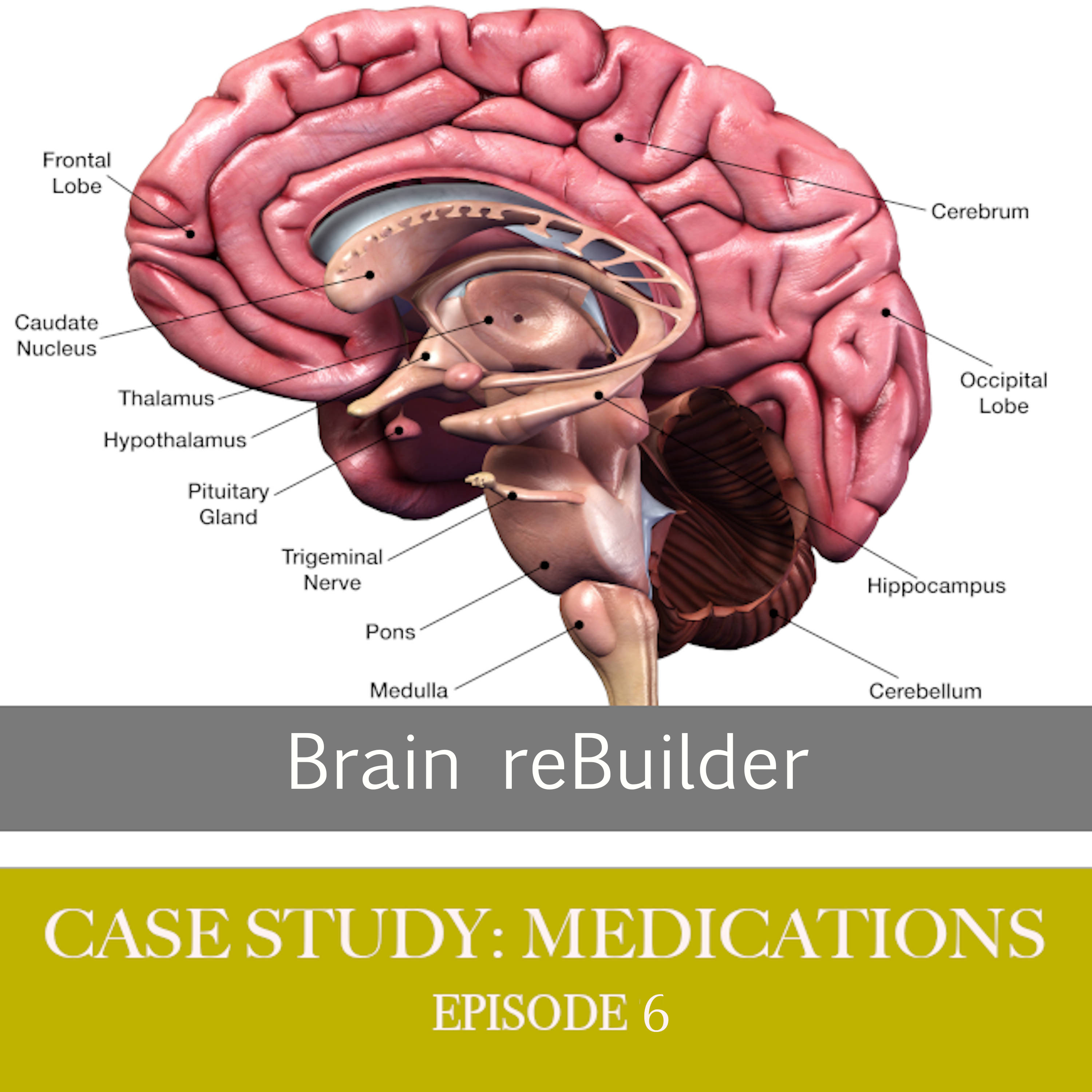Case Study Meds - Anthony

b'I once had a client whom I will call Anthony. He was an older man who, not unlike numerous others, faithfully engaged a variety of medical specialists for all of his health concerns for more than half a century.\\nAt the time his family engaged me, he was very much in a stupor. He hardly had any appetite at all, preferred to sit in his chair all day watching television, and was mostly quiet and uninteractive.\\nOne of the first things that I noticed is that he was taking more than 30 medications each day. There were 5 times per day that he took his meds, and each instance involved 5 or 6 different pills. \\nI spoke with his primary physician, who agreed that we should look into this matter. Upon reviewing the full med list, with special interest in the reason the medication was prescribed in the first place, and the side effects \\u2013 a relationship clearly emerged.\\nA medication was taken to control blood pressure, but it had side-effects including being lethargic. A medication was later prescribed for the lethargy, but it had side-effects including hard stools. A medication was later given for hard stools, but it had side-effects including headaches. A medication was later given for headaches, but it had side-effects including memory loss. This pattern continued: More meds were given for digestive issues, sleep patterns, anxiety, liver function, triglycerides, and on and on and on\\u2026\\nThe real problem in this case was that each time Anthony visited his physician (and usually he had 4 or 5 specialty doctors he was seeing concurrently), he would describe his latest ailment. But in each case, his latest ailment was a side-effect from the medication prescribed during a previous doctor visit. Then, a new drug was prescribed to handle the latest symptom. \\nNever did a physician review the list of current medications and say \\u2013 \\u201cYou know, what you\\u2019re explaining could actually be a side-effect of a drug you\\u2019re already taking.\\u201d Also, even though it was clearly documented that some of his prescriptions were recommended as safe to use for only a few months, he had actually been using those same medications for multiple decades.\\nWe worked to slowly ease Anthony off those drugs which appeared to be prescribed to treat side-effects, and we applied techniques similar to what Dr. Fuhrman recommends for removing dependency on most drugs. \\nMy role was to improve functionality lost with his stroke, but before I started specifically addressing the stroke, the extreme over-use of medications seemed to be the most important issue to address. At the end of this process, there were only two drugs that he still needed to take.\\nI hadn\\u2019t even started working on the stroke yet, and his family was reporting to me that his old personality was back, he was more responsive and interactive. He could hold conversations. He had more energy and vitality. He was stronger and more independent, and all this came just from getting him off all those medications that were really just chasing side-effects.\\nExperience informs me that this scenario is not as uncommon as you might think. It seems that many doctors are very good at prescribing new drugs, but not so good at un-prescribing drugs that are no longer needed, or in differentiating chief complaints from pre-existing side-effects.\\nSo, if your loved one is a bit older \\u2013 even if no stroke was involved \\u2013 there\\u2019s a good chance that this type of scenario might be happening to them too \\u2013 especially if they are taking more than 4 or 5 medications. \\nDrugs.com has a free tool that will allow you to see all the side-effects and interactions for all the drugs you or a loved one are currently using. This information can be invaluable to you.\\nPlease note that your use of this information does not constitute us forming a doctor-patient relationship. If you need medical advice, please visit a medical practitioner whom you trust.\\nThanks and talk to you soon.'